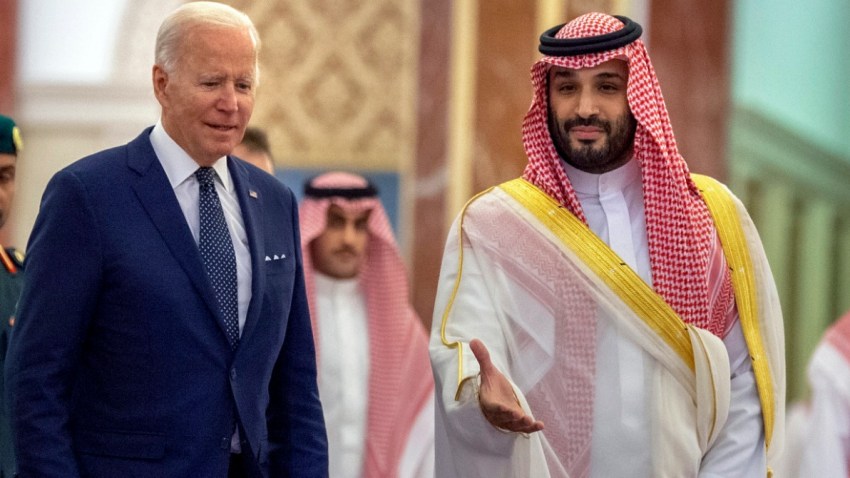The news last Friday that Saudi Arabia and Iran had decided to reestablish diplomatic relations in a signing ceremony hosted by China came like a bolt of lightning, startling observers and policymakers in countries around the world. Sure, the two long-time rivals had for the past several years been engaged in exploratory talks that gained momentum a few months ago. But this was not the announcement that was expected at this moment.
Instead, many were betting on a different earth-shaking diplomatic breakthrough involving Saudi Arabia, one that would mark the formal end of another long-standing rift. Barely 24 hours before the Tehran-Riyadh rapprochement was made official, The Wall Street Journal and The New York Times reported that Saudi Arabia had offered to normalize relations with Israel in exchange for concessions from the United States.
Such a deal, the Times declared without hyperbole, “could set up a major realignment of the Middle East,” with Riyadh’s request providing U.S. President Joe Biden, “the chance to broker a dramatic agreement.”

